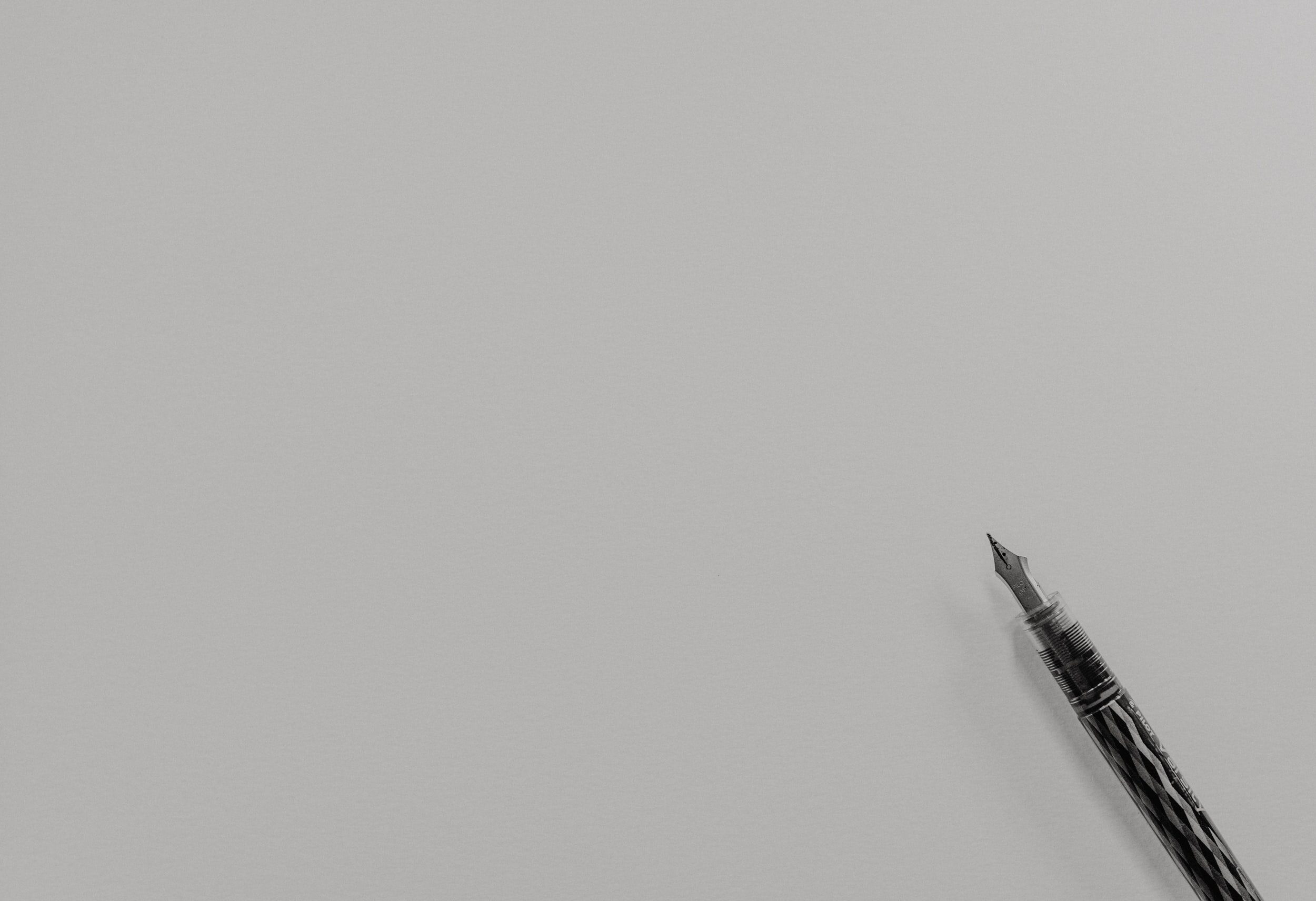Is That Pen In Your Pocket Real?
I like using fountain pens. I keep 8 to 10 fountain pens “inked up“ at any one time and use them on a rotating basis. I use them to write letters regularly to more than a dozen family members and friends around the country.
In my collection of fountain pens are a couple of what I would call “nice“ pens that, most likely, would retail for more than $100 apiece. But for the most part my collection consists of pens costing somewhere in the $5-$40 range.
Some of these less expensive pens, purchased from Amazon, are I am now learning Chinese copies or “knock offs“ of more expensive pens. They are not counterfeit (an attempted exact copy). There is usually a telltale difference between the knock-off and the original that a would be apparent to a true pen aficionado. Plus, the Amazon description provides a name and manufacturer that make it obvious that they are not really the “originals.”
I admit that now that I’ve learned these are knock-offs I’m a bit reluctant to use or recommend them to others.
This is despite the fact that my experience buying Chinese pens through Amazon has been positive overall. Yet I have been sensitive to intellectual property rights ever since my graduate student studies and early consulting days.
Back then I was involved professionally in researching the impacts of various technologies on intellectual property protection and how easy it was becoming to copy not only printed pages but electronic databases, fabric designs, music, and films.
What also hit home to me personally was discovering that an unnamed European researcher had copied a chunk of my PhD dissertation research methodology for his own research without acknowledging or citing me. (I had suffered through two research oversight committees in developing my research project and, by gum, I wanted recognition!)
Ever since I’ve been sensitive to issues surrounding copyright protection. This is despite the reality that the commercial stakes surrounding intellectual property protection sometimes appear to trump the original purpose underlying US copyright law: “… To promote the progress of Science and the Useful Arts.”
Back to fountain pens. You can go on Amazon and buy Chinese copies of commercially available pens manufactured by other companies such as the German company Lamy. There is usually a slight deviation from the original design. These are, after all, knock-offs, not counterfeits.
One Chinese pen I purchased from Amazon I recently discovered is a remarkably close copy of another company’s design costing ten times as much. I had even recommended the pen to others before realizing the design was copied. The pen has now gone into my “unused“ box that I use for spare parts, even though several of the Chinese pens I own are smooth and reliable writers.
Should Amazon knowingly sell knock-off items like these pens? One copied pen I know about is tagged as a “best seller” by Amazon. I don’t know what their policy is on such things. I’m sure the manufacturer would defend the design by pointing out differences in the clip or nib even though the overall design is obviously designed to mimic someone else’s original.
I wonder how Jeff Bezos would react were another company to copy and modify Amazon’s lucrative cloud storage technology and start competing with AWS? I don’t think he would be happy.
Copyright (c) 2021 by Dennis D. McDonald


















